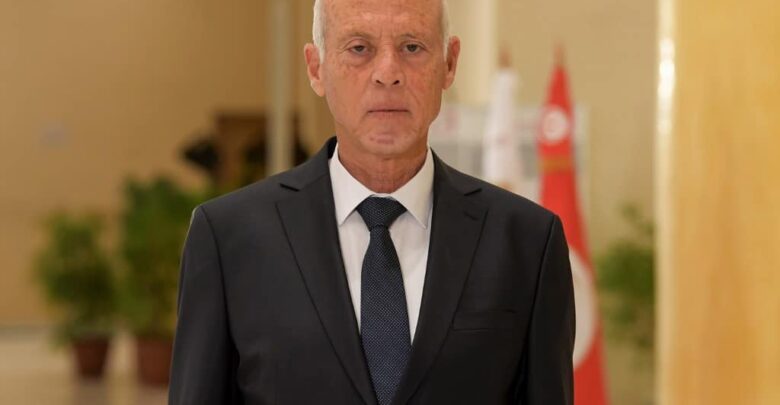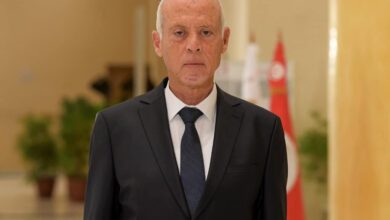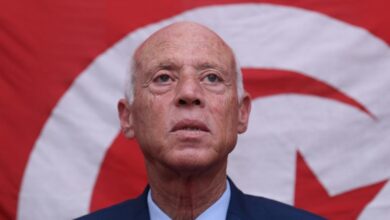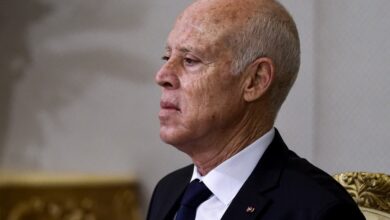Tunisia
Tunisian President Kais Saied Rejects Terms Of $1.9 Billion IMF Bailout Package

Tunisian President Kais Saied on Thursday rejected the terms of a stalled $1.9 billion International Monetary Fund (IMF) bailout package, saying that he would not accept “diktats” and suggested that subsidy cuts could result in unrest in the country, reported Reuters. The terms of the loan include cuts to food and energy and fuel subsidies and a reduction in the public wage bill.
Although Tunisia had agreed to the terms of a loan package from the IMF in September, it already missed key commitments, and the country’s financial situation is changing from the figures used to calculate the deal.
Tunisia is in urgent need of a financial loan as it faces a full-blown balance of payments crisis. Most debt is internal but there are foreign loan repayments due later this year, and considering the current situation several credit ratings agencies have said Tunisia may default.
When asked whether he would accept the terms of the loan, the Tunisian president told reporters “I will not hear diktats.”
Recalling deadly riots that hit Tunisia in 1983 after the price of bread was increased; Saied added that public peace is not a game.
When asked about alternatives to the IMF loan, the president replied that Tunisians must rely on themselves.
In 2021, Saied seized most powers by shutting down parliament, appointing a new government, and moving to rule by decree. At that time he claimed that the moves were necessary to end years of chaos and what he saw as rampant corruption among the political elite.
He attributed the country’s economic problems to corruption and rejected what he considers foreign interference.
The Tunisian government’s bailout talks with IMF have been stalled for months, with France and the United States among others, demanding far-reaching reforms from Saied to get the loan. Italy, on the other hand, has called for Europe to quickly support Tunisia to avoid financial collapse.




